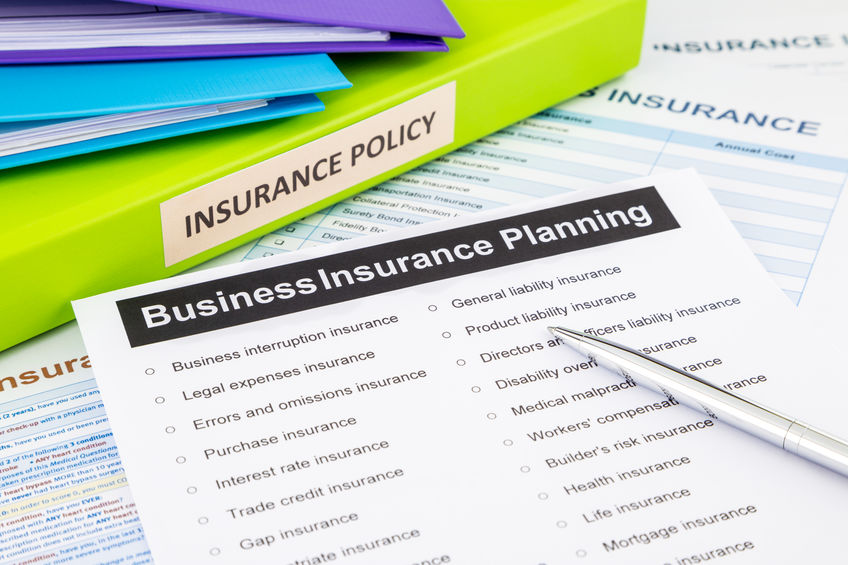There’s no denying that filing tax returns can be quite a daunting task, particularly if you’re not familiar with the process. But it’s a necessary evil that every individual and business owner must undertake each year. Filing your taxes isn’t only about paying what you owe, but it’s also about maximizing your tax benefits. That’s where tax preparation services come in to play. These services can make the whole process less complicated and less stressful. In this blog post, we’ll delve into why you need tax preparation services in Castle Rock.
Expertise and Knowledge
The number one reason you need tax preparation services is for their expertise and knowledge. Tax laws can be intricate and confusing, which is why you might miss out on deductions, credits, and other tax-related advantages you’re entitled to if you don’t have professional assistance. Tax preparation services have teams of qualified experts who know the ins and outs of tax laws in Castle Rock. They will ensure that you claim all eligible tax deductions, credits, and exemptions, and avoid any tax mistakes that could lead to fines.
Save Time and Increase Efficiency
Preparing your taxes can be time-consuming, especially if you have a complex tax situation. By hiring a professional tax preparation service, you’ll free up your time, and you’ll have peace of mind that your tax filing is being handled by experts. Your tax preparer will take care of all the necessary paperwork, double-check your tax documents, and file them on time to avoid late fees. Moreover, they will use the most efficient processes to ensure that your tax preparation is done with industry-leading software that is secure.
Audit Protection
Nobody wants to hear that they’re being audited by the IRS, but it can happen, even to the most meticulous taxpayers. The good news is that if you have your taxes prepared by a professional, you’re more likely to have audit protection. Professional tax services will stand behind their work and help you navigate any unexpected IRS correspondence during the audit process. They’ll help you prepare for the audit, gather the necessary paperwork, and represent you if any further queries emerge.
Plan Ahead for Future Tax Filing
One lesser-known benefit of tax preparation services is that they can help you plan ahead for future tax filing. By reviewing your past tax filings, tax preparation services can help you understand how to minimize your tax liabilities as much as possible, going forward. A tax preparer can provide tax-planning strategies, legal and ethical ones, to boost your future tax benefits, whether through investments or charitable contributions. It’s vital to work well ahead in the current tax year to ensure tax mitigation in the following year.
It’s easy to see why tax preparation services are a must-have in Castle Rock. They offer expertise and knowledge, which ensures that your taxes are prepared efficiently and with as little stress as possible. Moreover, they offer audit protection and, better yet, insights on future tax planning. Whatever your tax situation, hiring a professional tax preparation service will help ensure that you receive the maximum tax benefits, while minimizing your tax liabilities at the same time.




